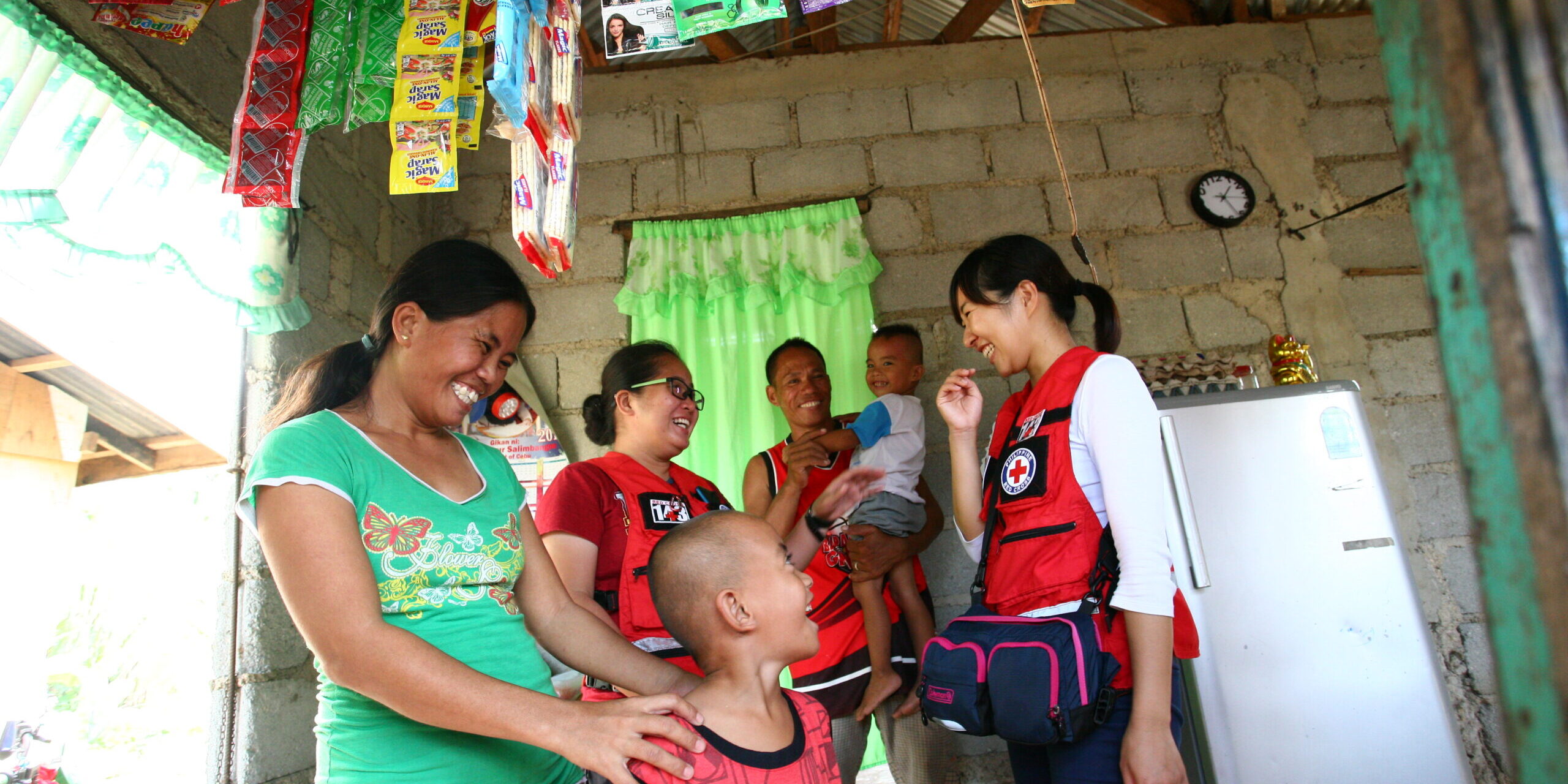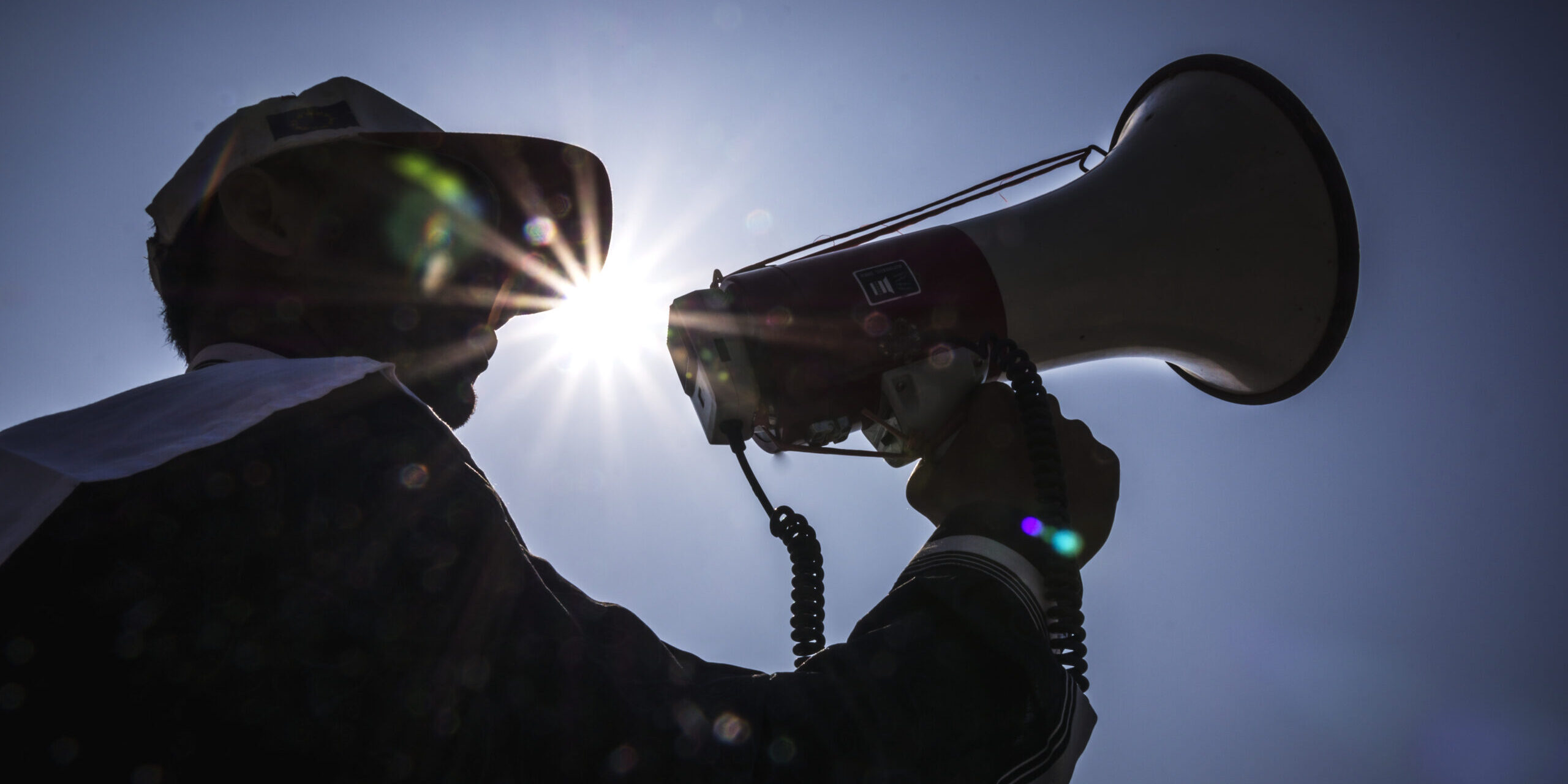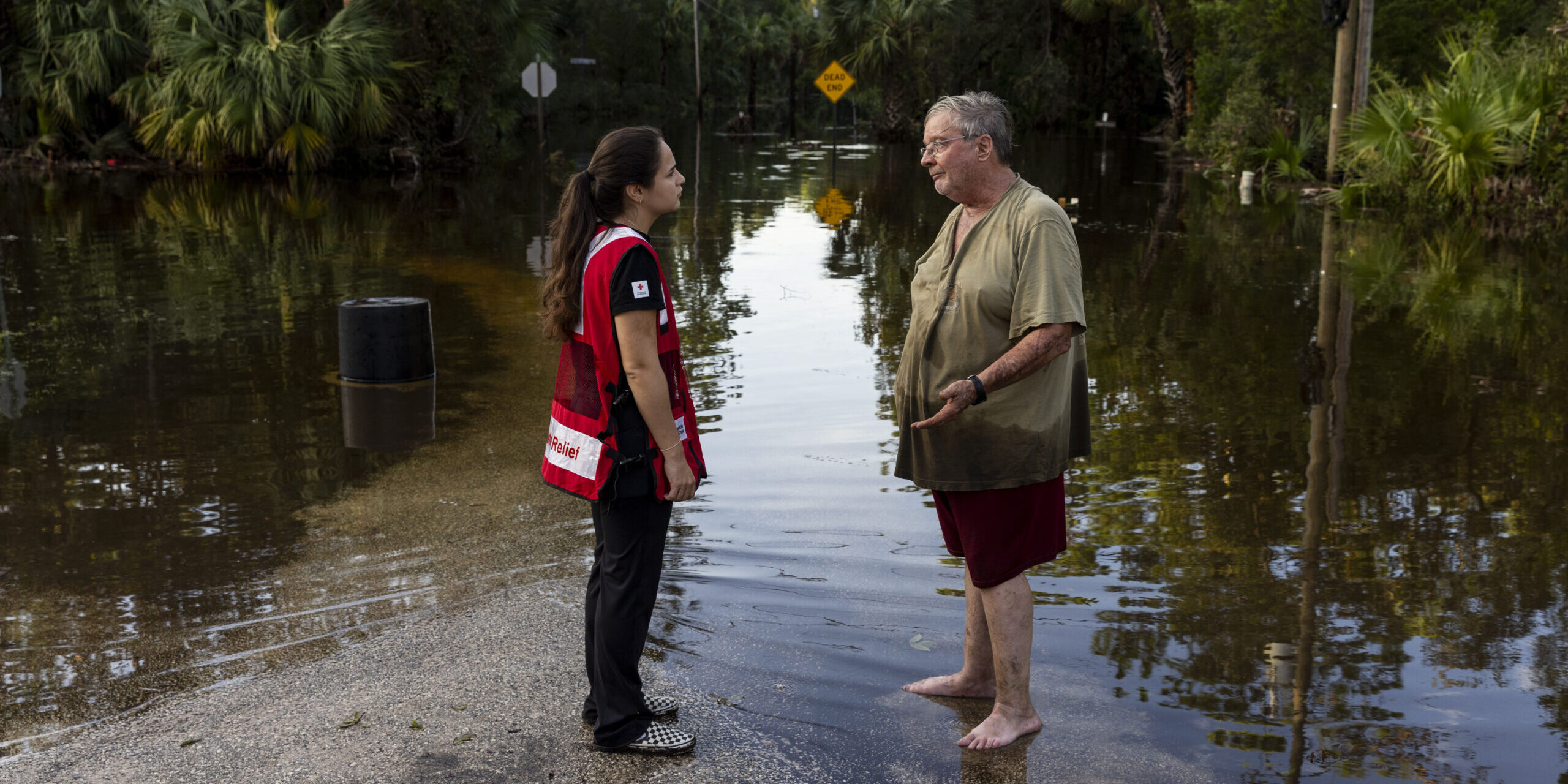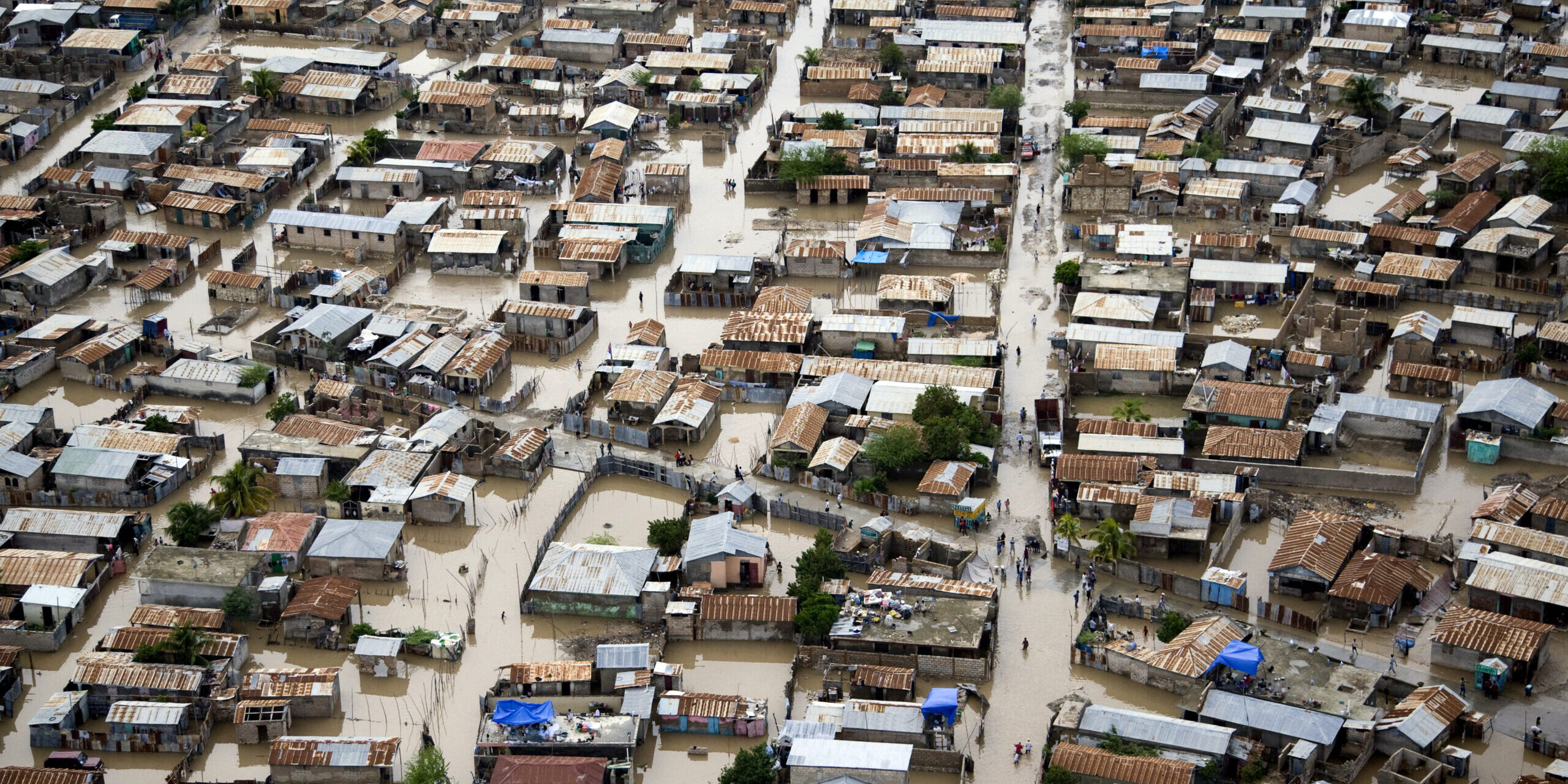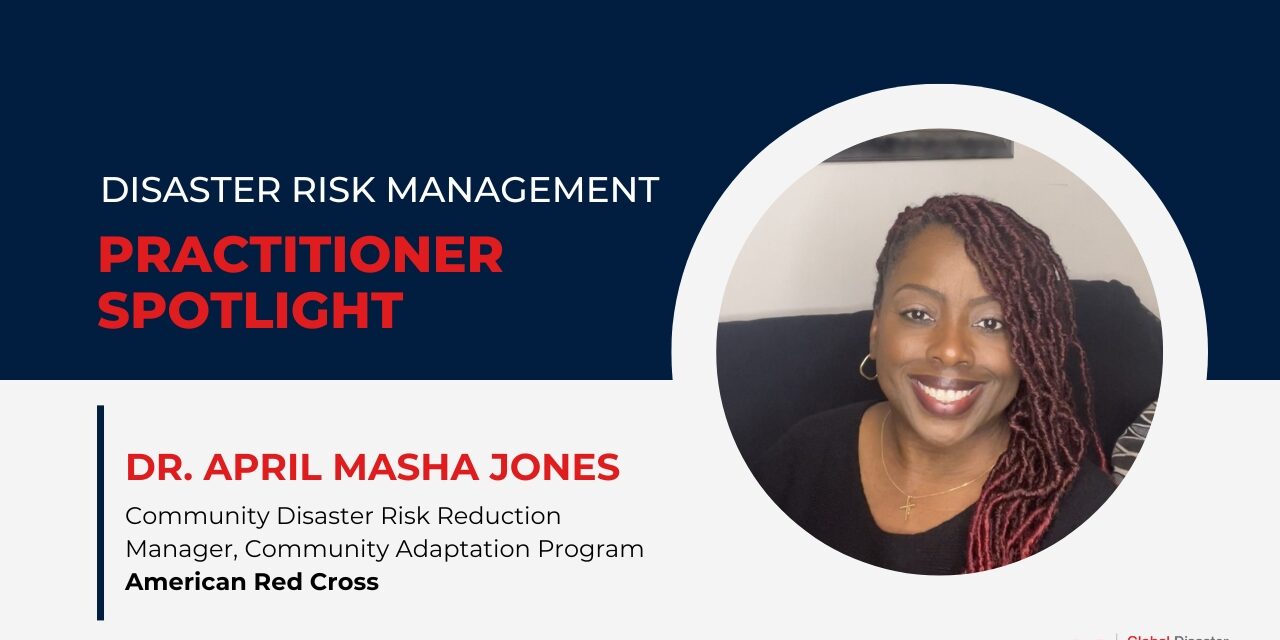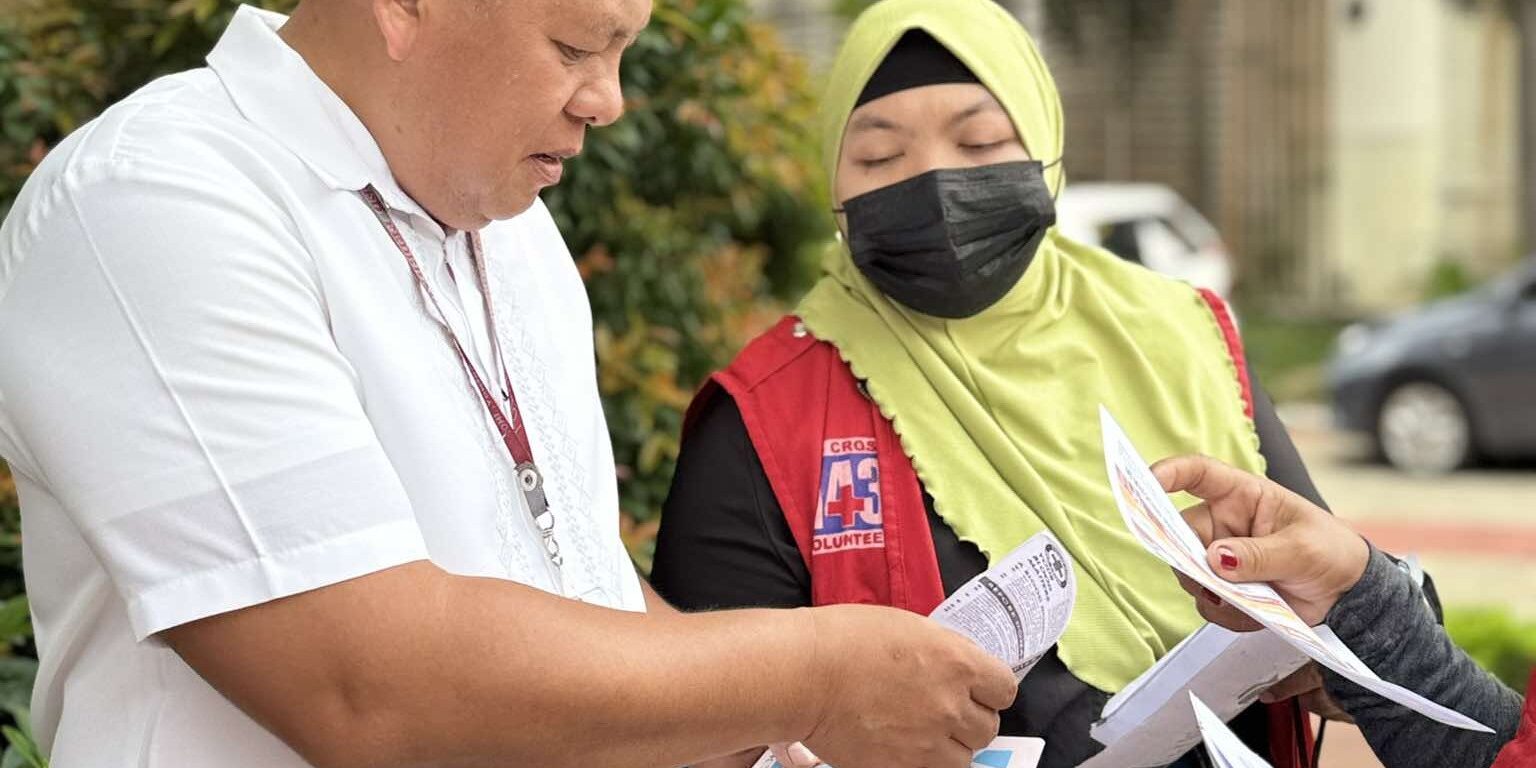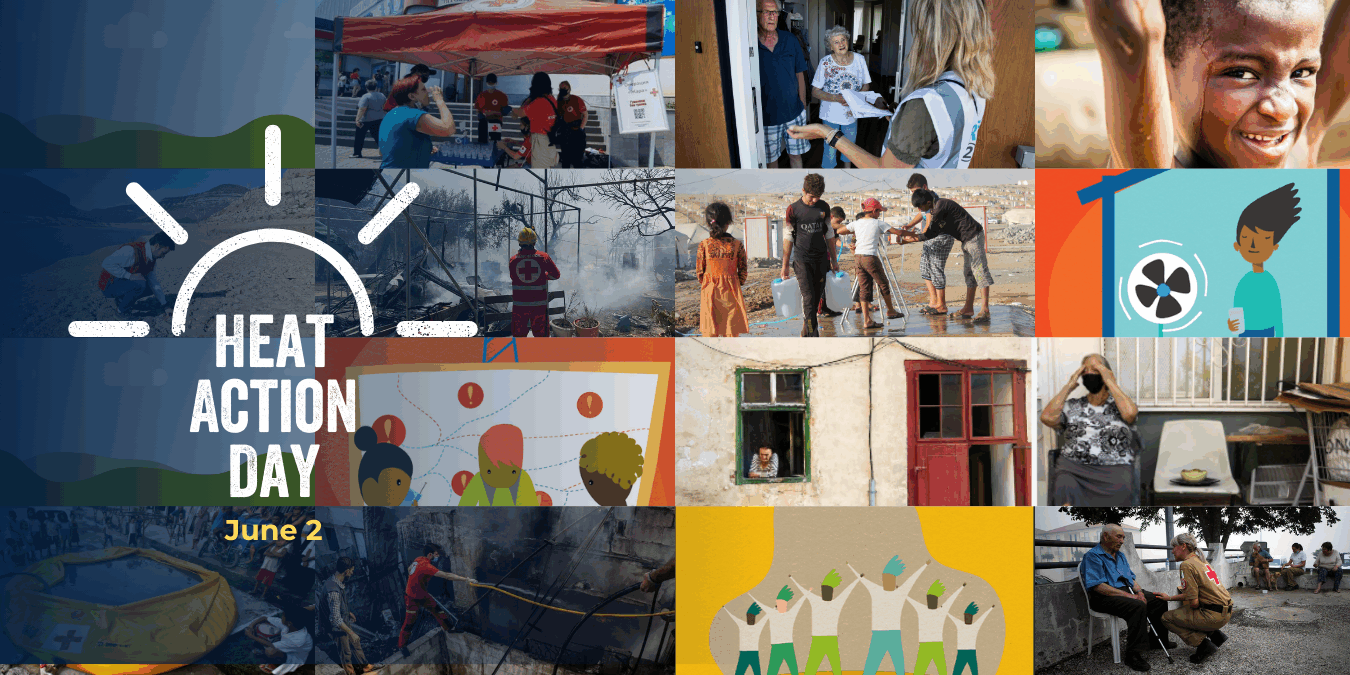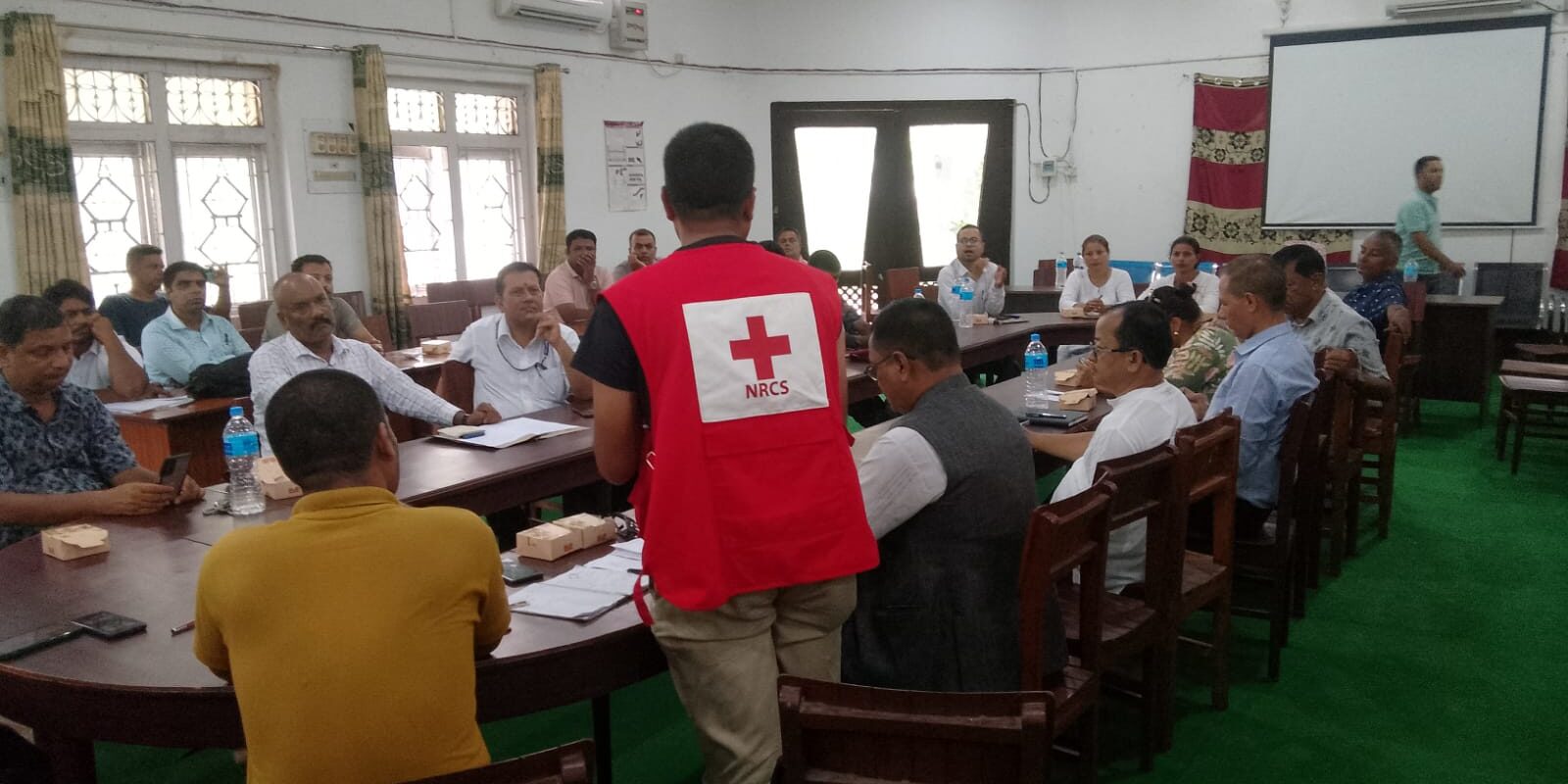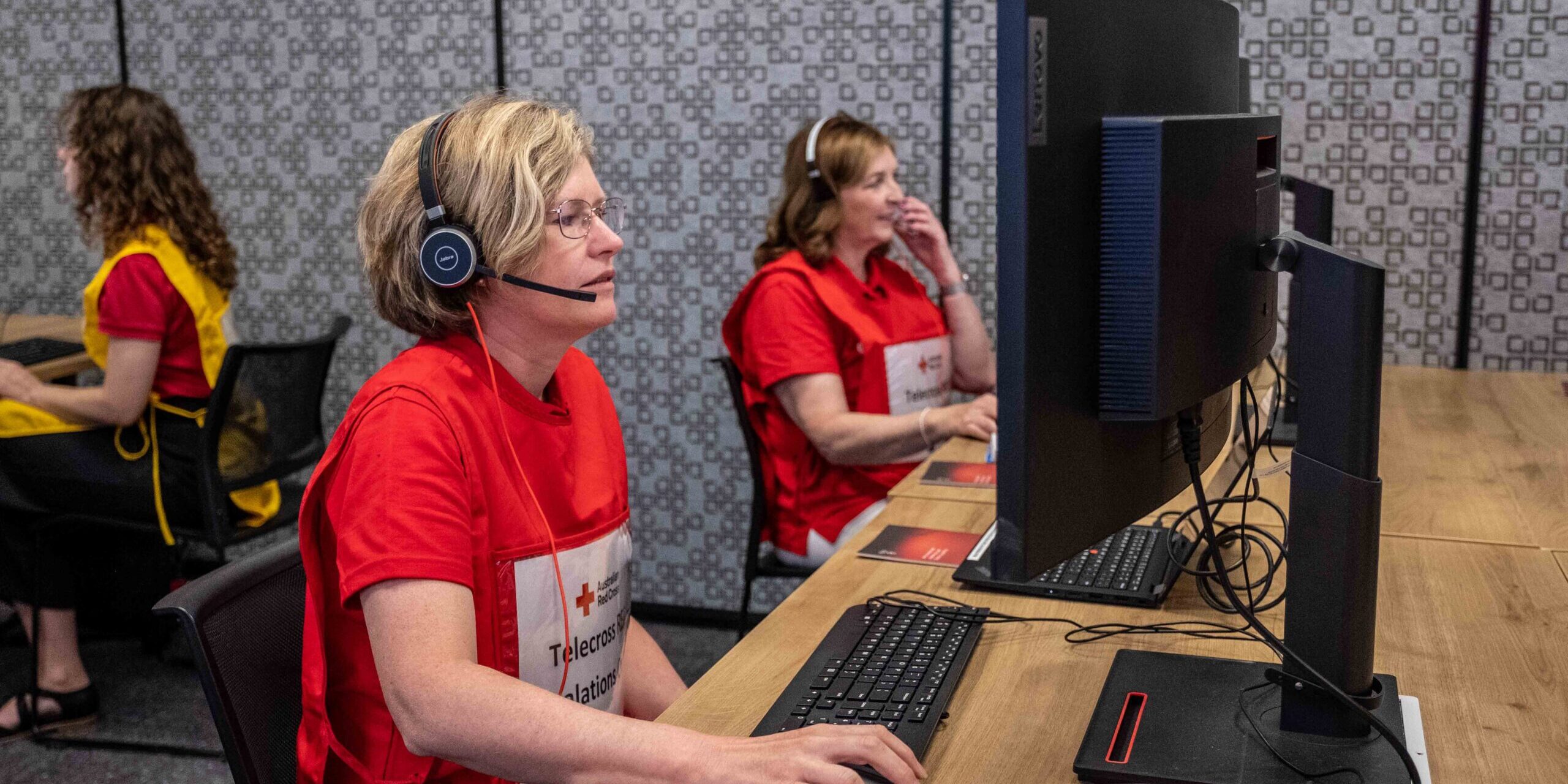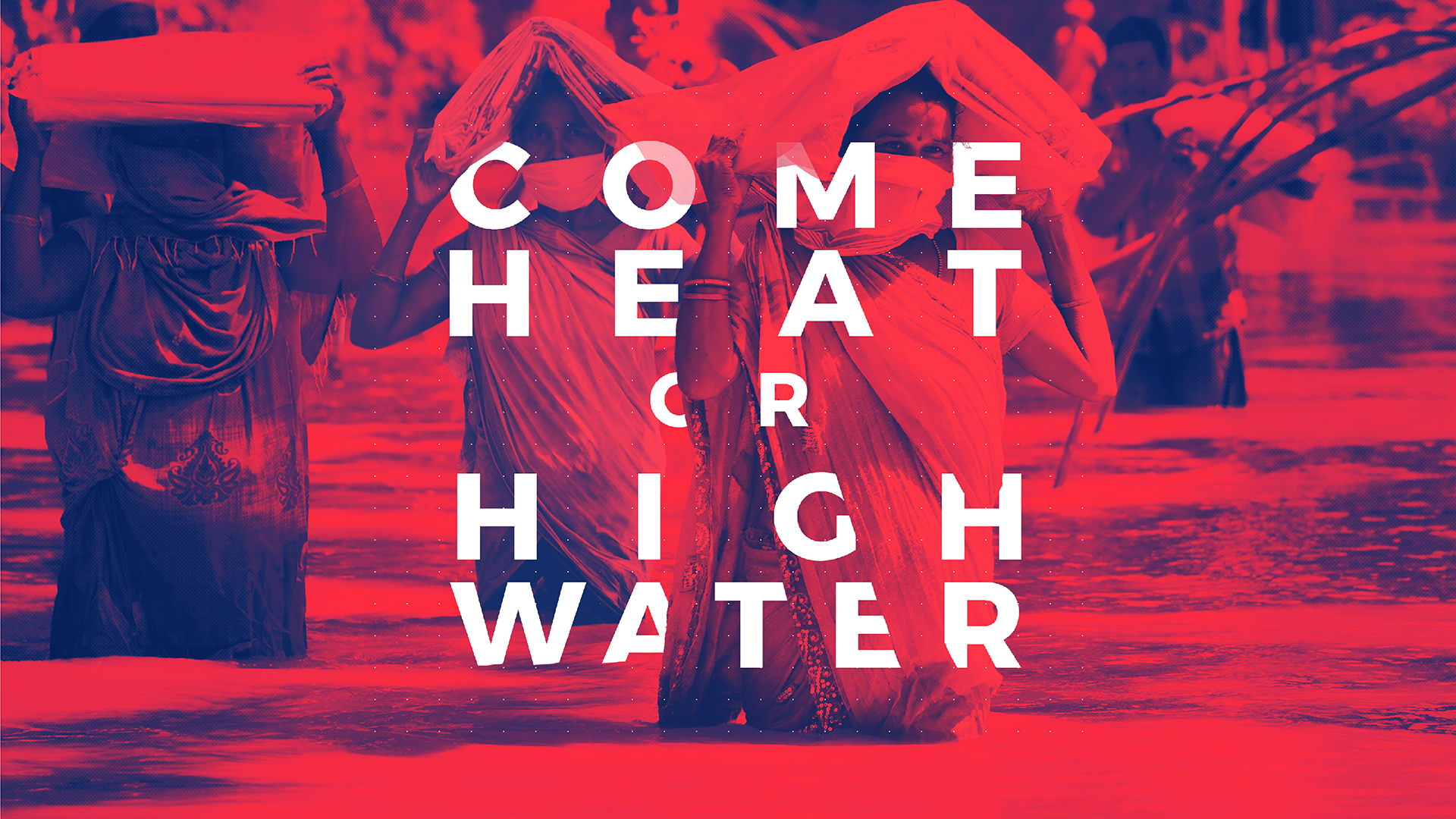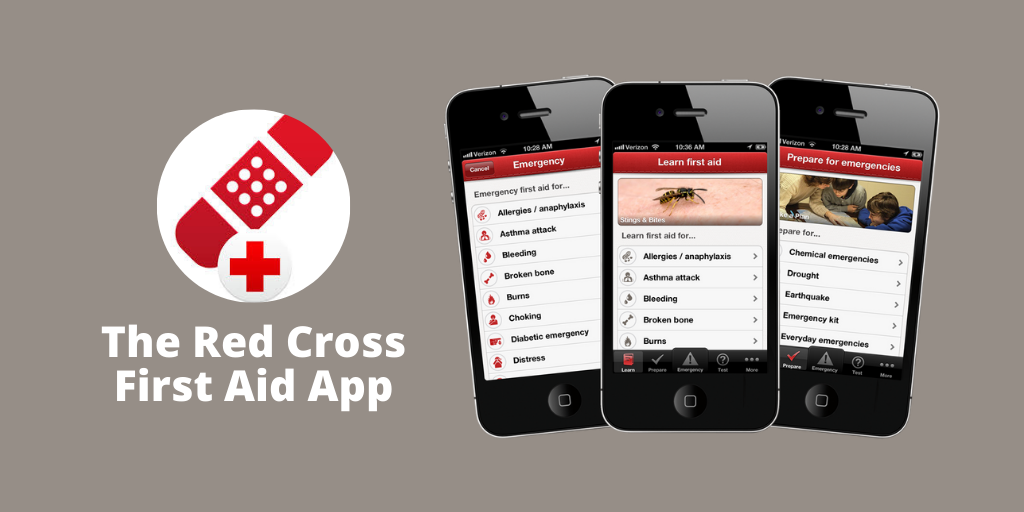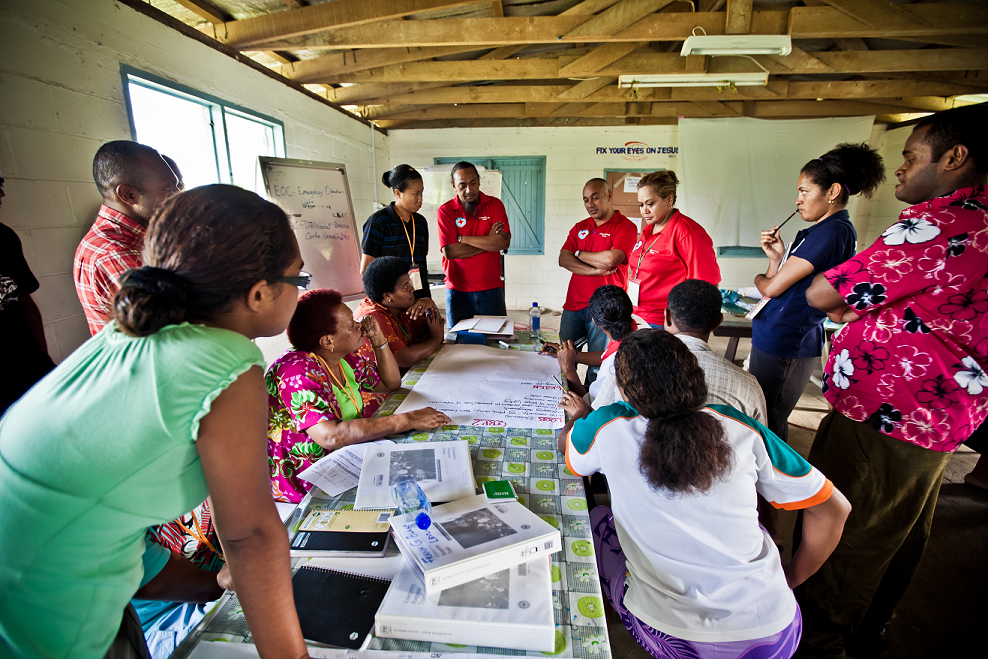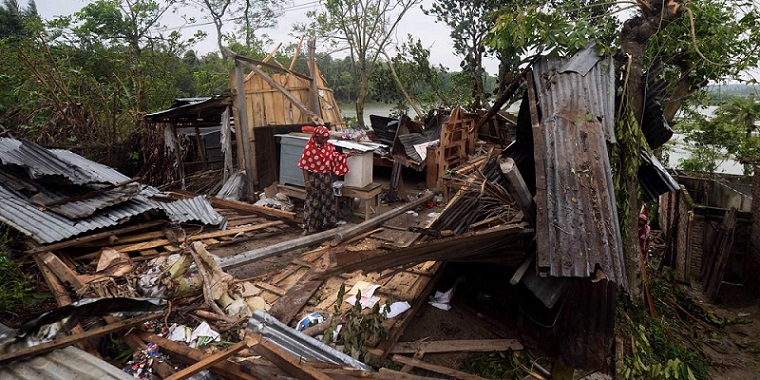Featured Stories
Sorry, we couldn't find any posts. Please try a different search.
Strengthening Community Resilience through Small Business Preparedness
When disaster strikes-such as a flood, earthquake, hurricane, or a business-halting heat wave-it doesn’t just disrupt homes and lives; it also g...
Strengthening Early Warning Systems for All: Evidence and Lessons from Last-Mile Communities
This report synthesizes findings from 15 GDPC-supported studies across 14 countries to examine why early warnings often fail to translate into timely,...
Ready Before It Hits – How The American Red Cross Uses Anticipatory Action To Stay Ahead of Disasters
When most people think of “disaster relief,” they picture what happens after a hurricane or wildfire-volunteers distributing blankets, set...
Unpacking the Summer: Learning About Heat in Adelaide
Listening Over Coffee: Stories Behind the Data The Post-Event Review Capability (PERC), developed by the Zurich Climate Resilience Alliance, offers ...
From Assessment to Action: A New Tool to Support Urban Resilience
Cities around the world are stepping up efforts to reduce disaster risk and build resilience. While many tools help identify vulnerabilities, the chal...
Community-First Approach: How the American Red Cross Helps Build Disaster Resilience Where It’s Needed Most
Across the United States, the American Red Cross is working to reduce disaster risks and strengthen the long-term resilience of the most vulnerable co...
Scorched Future: The Rising Toll of Extreme Heat in the Philippines
Authors: Mia Grace Ligutan, Seth Sarmiento, Steven Villena, Cale Johnstone Rising temperatures in the Philippines, particularly in urban areas ...
Heat Action Day 2025 – Activities to #BeatTheHeat all around the World
On Monday, June 2, 2025, we celebrated the 4th edition of Heat Action Day (HAD). As the impact of Heat Action Day spreads, our influence is a joy to q...
Strengthening Risk Governance from the Ground Up: Nepal’s MDRGA Tool in Action
Authors: Bhesh Parajuli | Cale Johnstone | Anil Rai Local Solutions for Local Risks Disaster risk is most acutely felt—and most effectively managed�...
Telecross Redi: Heatwave Service
Extreme weather events pose significant risks to vulnerable populations, especially those who are isolated or have underlying health conditions. In re...
More Stories
 Filter
Filter
By Sam Johnson Program Lead, Youth Preparedness, American Red Cross Created by the American Red Cross, Pedro is a penguin who loves learning about h...
New DATA READINESS TOOLKIT aims to build data competencies across the Red Cross Red Crescent Movement The Global Disaster Preparedness Center (GDPC) h...
By Sam Johnson Program Lead, Youth Preparedness, American Red Cross Now more than ever, it’s critical we have open conversations with the children i...
On November 17, 2020 The IFRC launched the 2020 World Disasters Report, titled “Come Heat or High Water: Tackling the humanitarian impacts of th...
The Asia Pacific Urban Community Resilience Hub, is pleased to announce the winners of the 1st Urban Community Resilience Small Grant Initiative: Paki...
Preserving the four principles of humanity, impartiality, neutrality, and independence, generally referred to as the humanitarian principles, is vital...
Creating lifesaving impact is the ultimate goal of any humanitarian organization, and this is especially true for the 192 National Societies that make...
October, 8 – 11, 2018 Jose Bonilla, Institutional Preparedness Advisor, and Roberto Brito, Director for Latin America and the Caribbean for the Amer...
'Delay and pay, or plan and prosper', is the crystal clear message from IFRC Head, Jagan Chapagain and Andrew Steer, President and CEO of the World Re...
According to the World Bank, the COVID-19 pandemic is causing more than 1.6 billion children and youth to be out of school in 161 countries. This is c...

